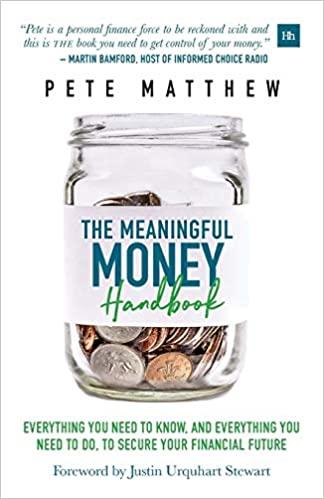Question
It is March 1 st, 2021, Herald just turned 24-years-old and recently finished his undergraduate degree. Since finishing, he has been working as a junior
It is March 1 st, 2021, Herald just turned 24-years-old and recently finished his undergraduate degree. Since finishing, he has been working as a junior analyst. His most recent paycheck, which he received today, was equal to $30,000 and will grow at a real rate of 0.25% per quarter (real rate). Note that he is paid at the end of each quarter. He has no chance of promotion given his current level of education and will retire on his 60th birthday with certainty. He is considering enrolling in a full time MBA. He would be required to stop working until he was finished. The start date is September 1st, 2021 and he would graduate April 31st 2023. He would need to pay $10,000 in tuition each quarter he is enrolled. The benefit of this (investment) is that if (when) he graduates, his employer will offer him a senior position with a starting salary equal to 1.75 times the salary he was earning as a junior analyst (i.e. 1.75 times the quarterly salary he was earning the day he started his MBA). Moreover, wages for the senior position grow at a rate of 0.75% per quarter (real rate).
Part A (5 pts): What is the Internal Rate of Return (IRR) from this "investment" in education? Please state very clearly, and briefly explain if necessary, any-and-all assumptions you must make to come up with an answer to this question. For example: "I assumed that he worked his old job until September 1st , 2021." Any implicit assumptions that you make - that are not explained - will result in a loss of points.
Step by Step Solution
There are 3 Steps involved in it
Step: 1

Get Instant Access to Expert-Tailored Solutions
See step-by-step solutions with expert insights and AI powered tools for academic success
Step: 2

Step: 3

Ace Your Homework with AI
Get the answers you need in no time with our AI-driven, step-by-step assistance
Get Started


